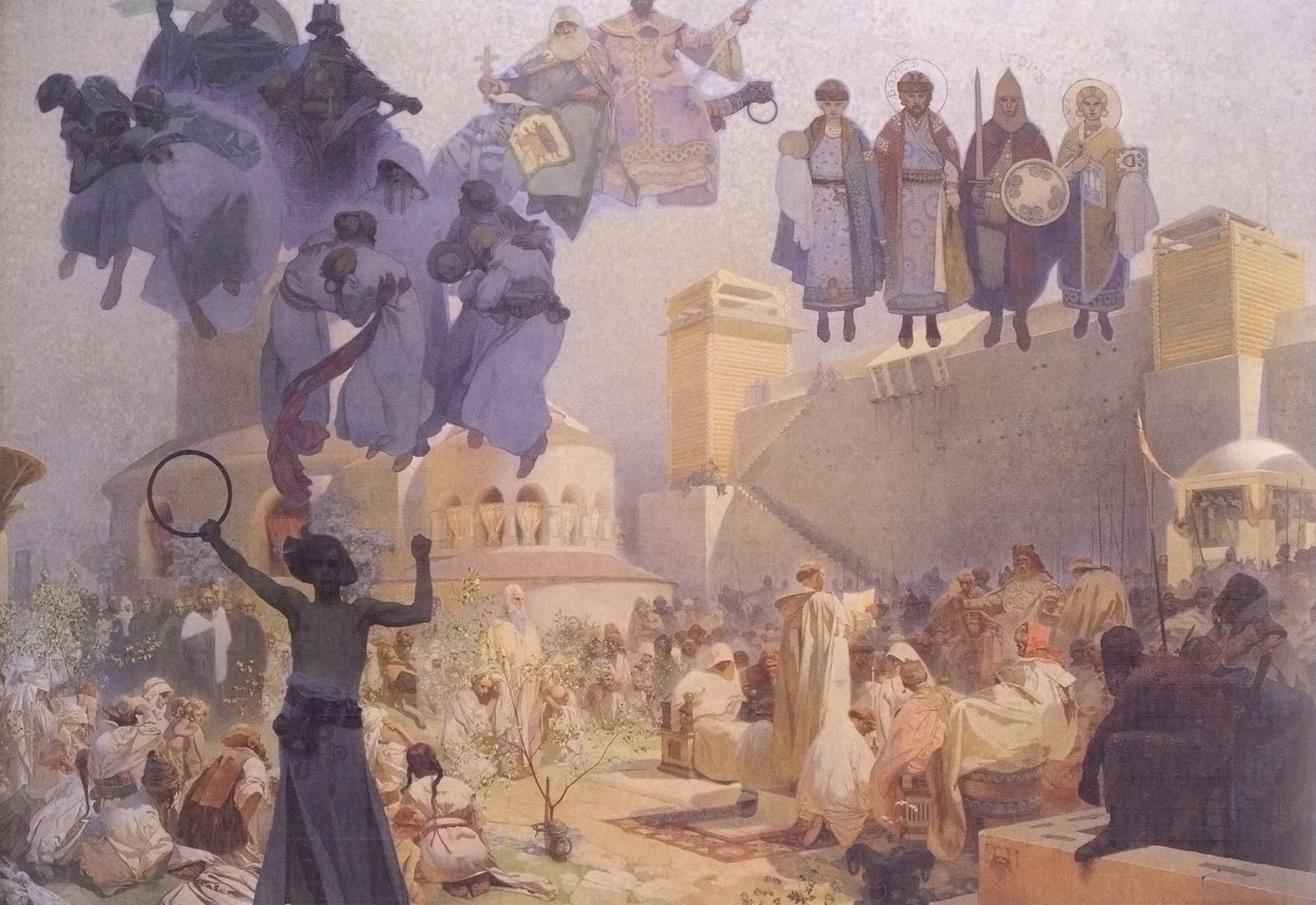The Great Moravian Empire was the first significant political formation in the region, which united the Slavic tribes under the rule of Prince Mojmir I in 833. The empire expanded further under the leadership of Svatopluk I, who ruled from 871 to 894. The Great Moravian Empire peaked in power, territory, and cultural influence during his reign.
Under Svatopluk I, the empire extended its rule over the present-day Czech Republic, Slovakia, Hungary, and parts of Austria, Poland, and Ukraine. The Great Moravian Empire also became a center of art, literature, and religious activity. Svatopluk I established diplomatic relations with the Frankish Empire, Byzantine Empire, and the Pope in Rome, which helped to secure the empire’s political and cultural influence.
However, after Svatopluk I’s death, the Great Moravian Empire faced a period of political instability and external pressure from neighboring powers. The Magyar invasions in the 10th century weakened the empire, eventually falling to the emerging Czech Kingdom and other neighboring states.
Despite its relatively short existence, the Great Moravian Empire left a lasting legacy on the region. It played a vital role in developing Slavic identity, culture, and language. The empire also paved the way for the emergence of other significant political formations in the region, such as the Bohemian Kingdom and the Polish-Lithuanian Commonwealth. Today, the Great Moravian Empire remains crucial to the Czech Republic’s history and cultural heritage.





